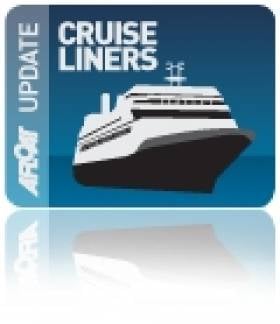About Marine Technology
Marine technology, as defined by the European association WEGEMT, refers to the use of technology for ensuring the safe use, exploitation, protection of, and intervention in, the marine environment. This includes a wide range of technologies that support naval architecture, marine engineering, ship design, ship building, and ship operations.
In addition to these foundational technologies, marine technology also encompasses oil and gas exploration, exploitation, and production, hydrodynamics, navigation, sea surface and sub-surface support, underwater technology and engineering, marine resources (including both renewable and non-renewable marine resources), transport logistics and economics, inland, coastal, short sea and deep sea shipping, protection of the marine environment, and leisure and safety.
The importance of marine technology cannot be overstated. With over 70% of the earth's surface covered by water, the marine environment plays a critical role in our lives. From transportation to energy production, marine technology enables us to harness the immense potential of the oceans while minimizing the impact on the environment.
Moreover, the development of marine technology is crucial for the sustainable use of marine resources. As the demand for seafood and other marine products continues to grow, the sustainable management of these resources becomes increasingly important. Marine technology can help us to achieve this by providing innovative solutions for sustainable fishing, aquaculture, and other forms of marine resource management.
In Ireland, claims are made that the island country "has the potential to be the “Silicon Valley” of the aquatech world". Ireland is at a very exciting stage when it comes to aquatech. There are currently 62 aquatech companies operating here, all using technology to enable sustainable seafood farming at a time when the sector is facing many challenges.”
Ireland’s growing expertise in the developing aquatech sector means it has the potential to become a global leader in the field, with Irish aquatech companies turning over €200m last year.
Over €15m has been invested in aquatic businesses, and over 200 high-tech jobs have been created in the sector over the last six years.
In conclusion, marine technology is a vast and rapidly evolving field encompassing a broad range of technologies and applications. As we continue to explore and exploit the potential of the oceans, marine technology will play an increasingly important role in ensuring the safe and sustainable use of these resources.
























































